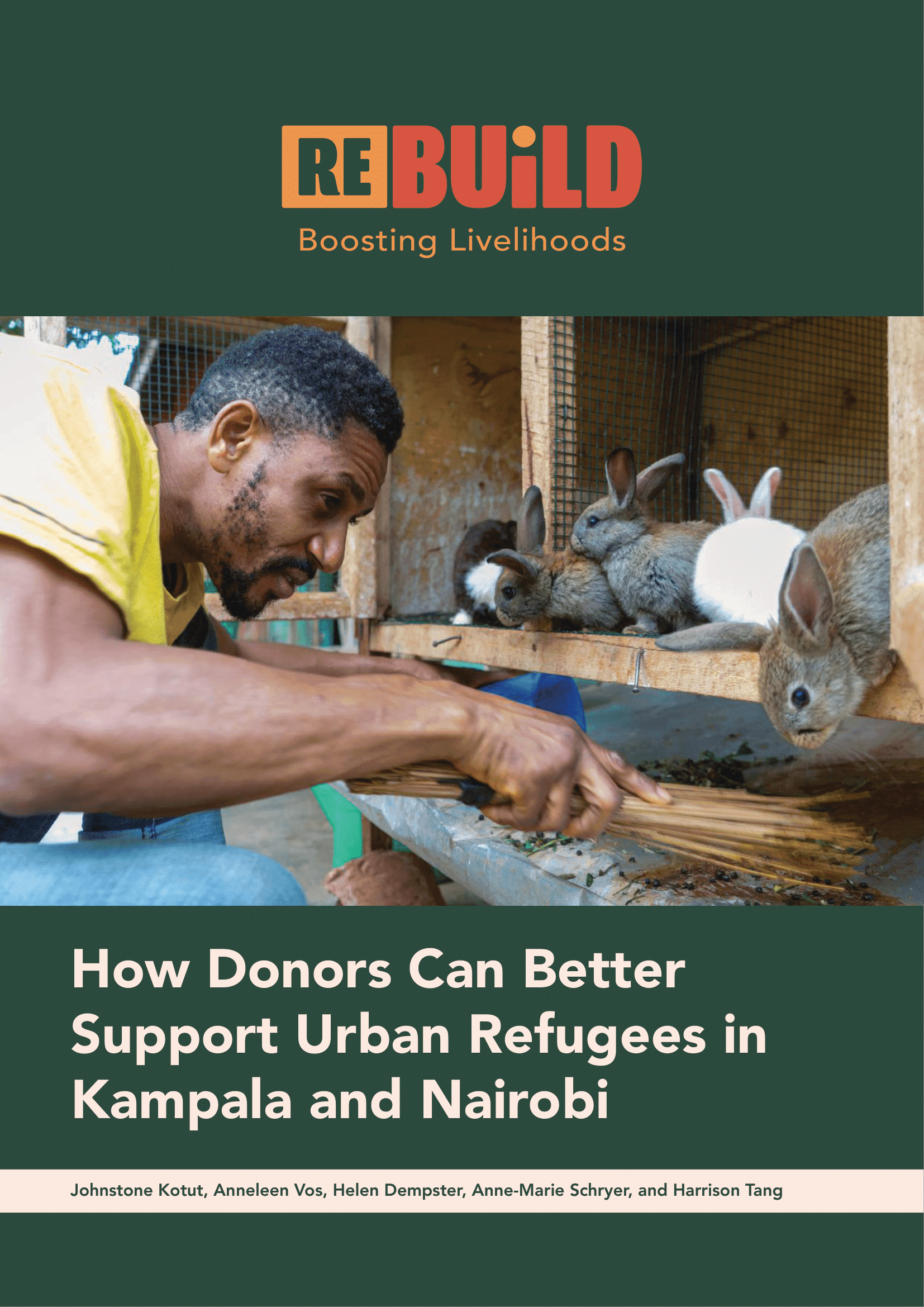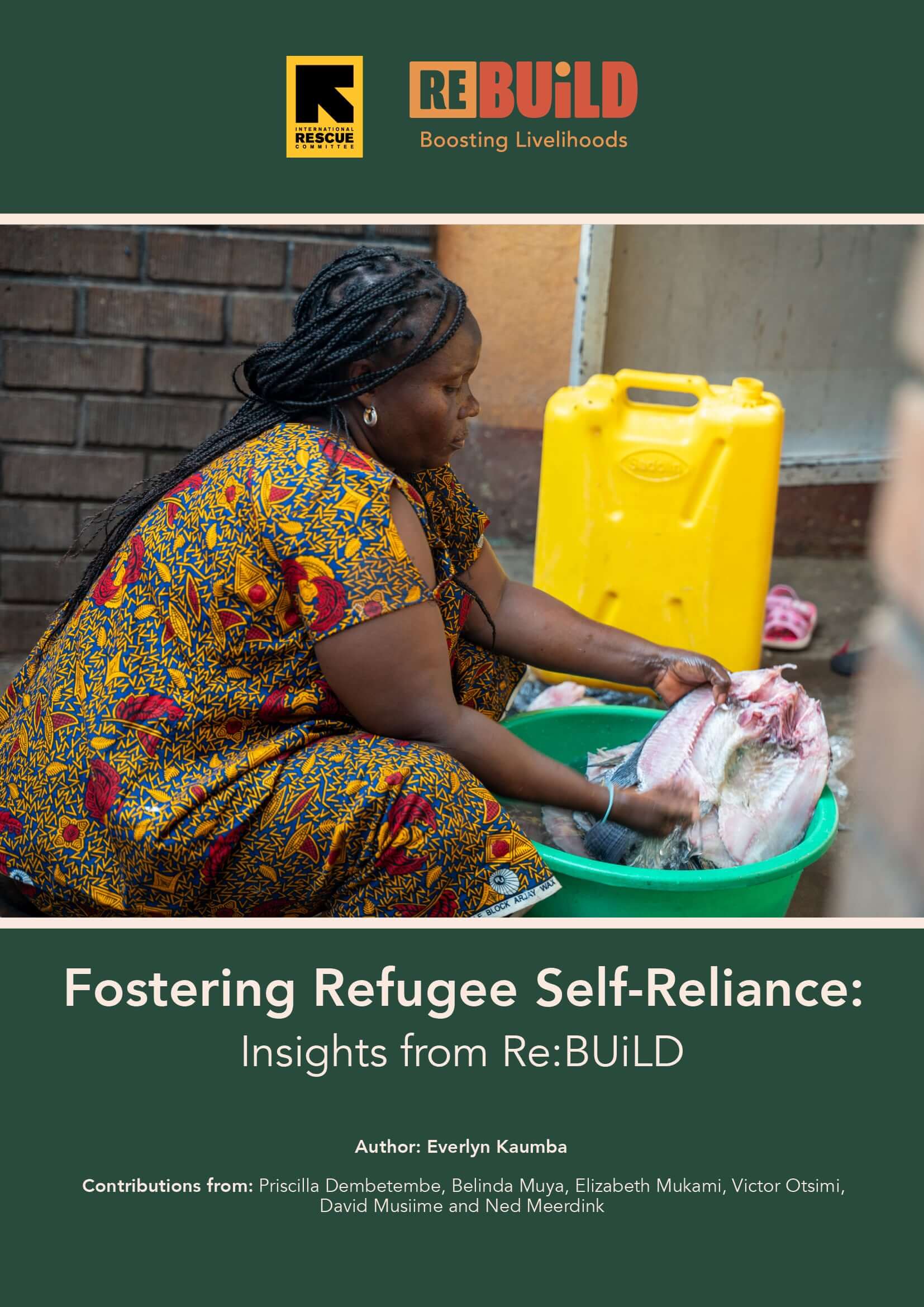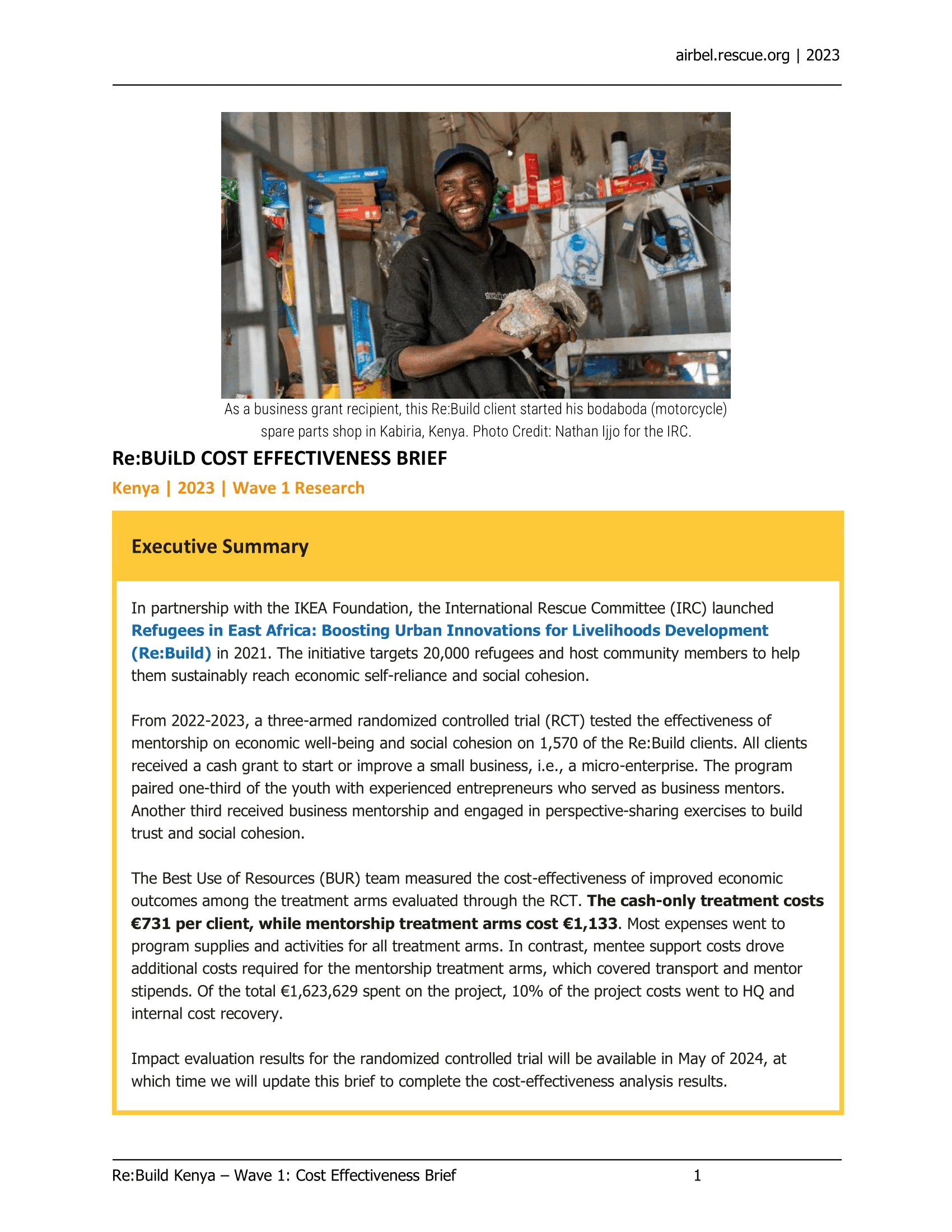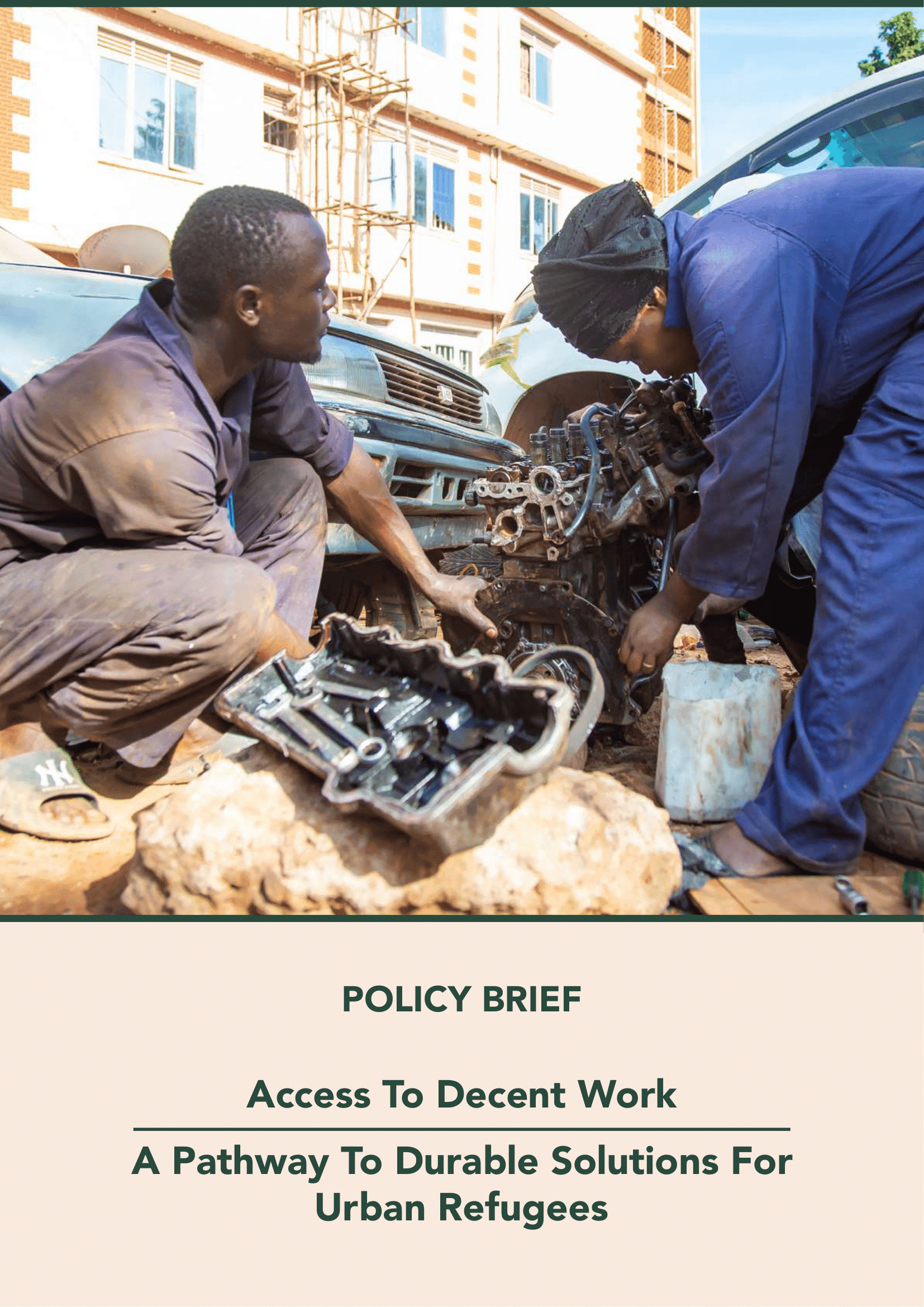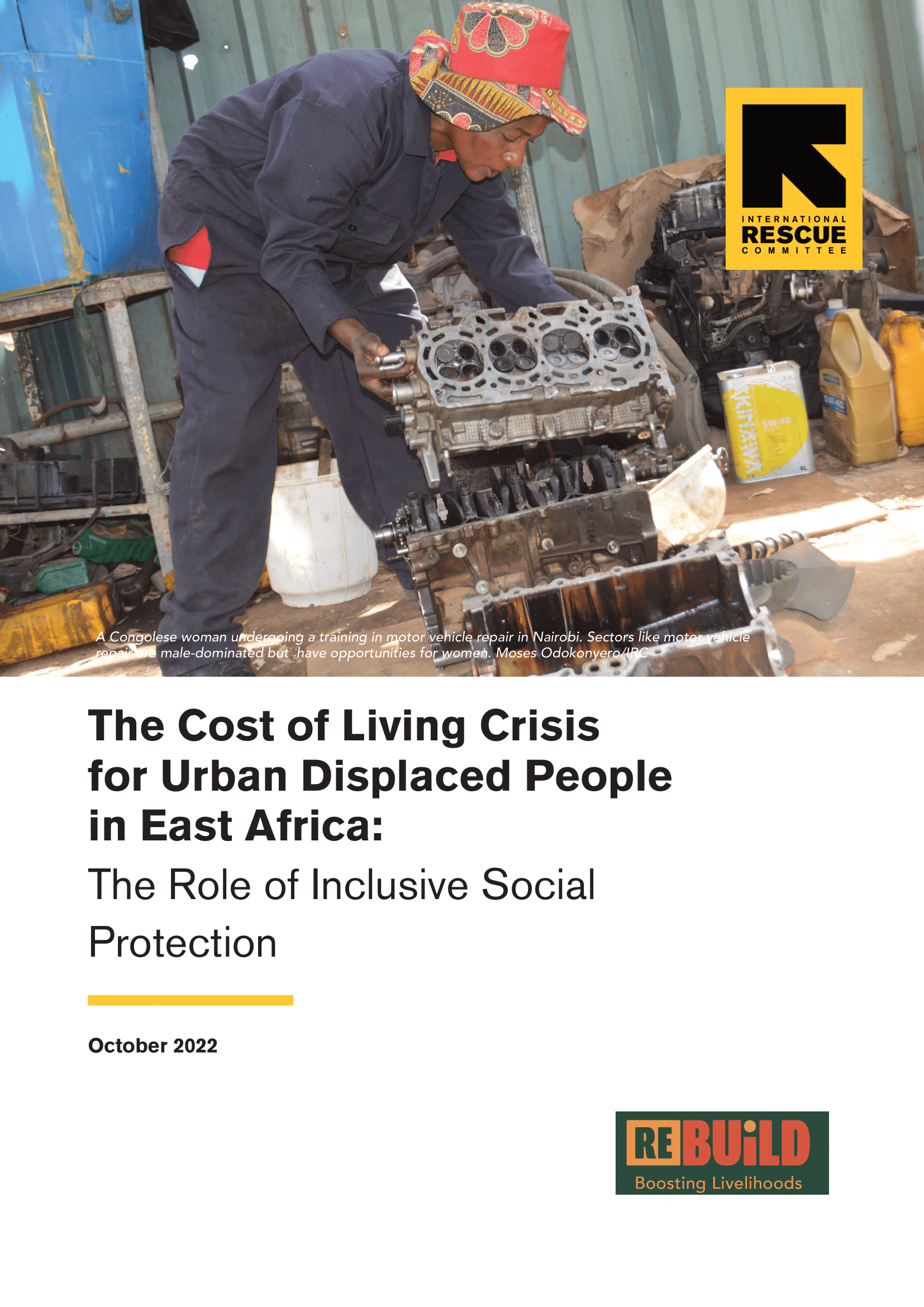How Donors Can Better Support Urban Refugees
How Donors Can Better Support Urban Refugees
Urban areas in low- and middle-income countries have become home for the majority of the world's refugee population, challenging the conventional narrative of refugee assistance that has traditionally focused on camps and settlements. UNHCR estimates that more than half world displaced persons live in urban areas. The bustling cities of Kampala, Uganda, and Nairobi, Kenya, stand as critical hubs for refugees and asylum seekers, presenting complex opportunities and challenges that starkly contrast with the lives of those in more controlled environments. This policy brief, born from a collaborative effort between the International Rescue Committee (IRC) and the Center for Global Development (CGD), delves into the nuanced realities of urban refugees in these cities, debunking the myth of inherent self-reliance attributed to this group. By casting a spotlight on the specific needs of urban refugees and examining the extent of support provided by key bilateral donors and multilateral development banks (MDBs), this policy brief aims to reshape the narrative and approach to refugee assistance in urban settings.
The need for targeted donor support for urban refugees in Kampala and Nairobi has never been more critical. Amidst the backdrop of a growing global refugee crisis and the need for sustainable refugee management policy away from traditional encampment, this policy brief sheds light on the overlooked struggles of refugees who seek solace in the urban sprawl, away from traditional refugee camps and settlements.
Drawing on the insights from Re:BUiLD’s innovative program aimed at fostering self-reliance among urban refugees, as well as comprehensive analysis and stakeholder interviews, this policy brief offers strategic recommendations for donors. These recommendations are not only crucial for enhancing the support system for refugees in Kampala and Nairobi but also hold significant implications for urban refugee populations across all low- and middle-income countries. Through this detailed exploration, the policy brief seeks to inform and inspire a more inclusive, effective, and nuanced approach to donor engagement in the urban refugee crisis.
